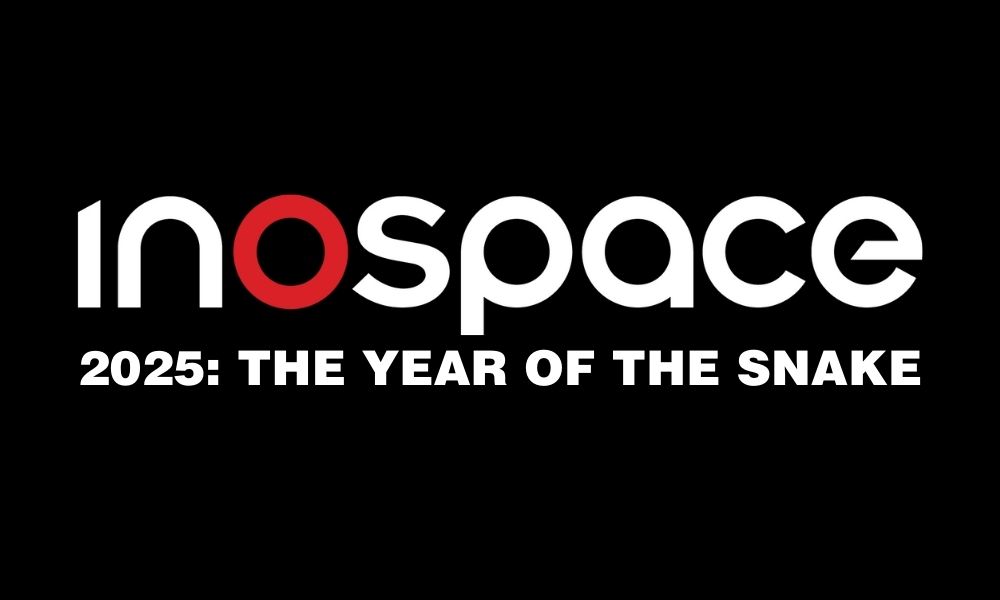The shift back to the office
Exploring the shift back to office work post-pandemic, assessing why companies and employees favour in-person collaboration and culture.

The past few years have seen a seismic shift in where and how we work. Triggered by the global health crisis in early 2020, companies worldwide were compelled to adopt remote work or hybrid models almost overnight. This shift not only kept businesses running but also ushered in a new era of workplace flexibility. However, as the world gradually adapts to new norms, there's a growing trend of people moving back to office environments. Let's explore why this is happening, and what it means for workers and companies alike.
The remote work revolution

Initially, remote work was a necessity, a response to health concerns that required us to maintain social distancing. What many organisations discovered, however, was that remote work had distinct advantages. Employees saved on commuting time and expenses, and many reported greater work-life balance. Companies found that they could reduce costs on office space and utilities, and some even saw an increase in productivity.
Hybrid vs. full-time office work
As the immediate threats of the health crisis subsided, many companies adopted a hybrid work model. This approach combines the flexibility of working from home with periodic office attendance. The hybrid model aims to balance the benefits of remote work with the need for in-person collaboration, culture-building, and direct supervision.
Hybrid work offers a middle ground, providing flexibility while also fostering a sense of team and organisational culture that can be diluted in a fully remote setting. On the other hand, full-time office work has long been the standard for a reason. It supports spontaneous collaboration and stronger interpersonal connections among team members, which can enhance creativity and problem-solving.
The trend towards returning to the office

Despite the benefits of remote and hybrid models, there's a noticeable trend of companies and employees moving back to offices. Several factors have driven this shift:
- Collaboration and innovation: while digital tools facilitate communication, there's a growing recognition that face-to-face interaction is still the best way to foster certain types of collaboration and innovation.
- Company culture and integration: physical office spaces play a crucial role in building company culture. They offer a shared space where symbols, values, and norms can be experienced collectively, which is particularly important for onboarding new employees.
- Mental health and separation of spaces: remote work can blur the lines between personal and professional life, leading to burnout. Offices offer a physical separation between these spaces, which can help in maintaining mental well-being.
- Management preferences: some managers prefer direct oversight of their teams, which can be more effectively accomplished in an office setting.
Navigating the new normal
As we witness this shift back to office-centric work, it's essential for both employers and employees to navigate the transition thoughtfully. Employers should consider flexible arrangements that recognise individual needs and job functions. Employees, on the other hand, may need to readjust to the structure and social dynamics of office life.
Inospace: tailored office solutions for every business
At Inospace, we pride ourselves on offering office spaces that truly adapt to the needs of modern businesses. Our flexible lease terms allow companies to scale up or down depending on their current requirements, providing a high degree of operational flexibility.
Our serviced logistics parks are strategically located in central business nodes to ensure ease of access and to maximise convenience for both your employees and clients. Additionally, our office spaces are designed with security in mind, offering a safe and secure environment for your business to thrive.
Our clients also enjoy free access to business hubs that include well-equipped meeting rooms, reliable Wi-Fi, and more value-added benefits, enhancing the work experience in a professional yet collaborative atmosphere. This commitment to flexibility, scalability, security, and community support makes Inospace an ideal partner in your transition back to office-based work. Take a look at our office spaces here.
In conclusion, the trend towards returning to the office doesn't signal an end to remote or hybrid work. Instead, it highlights the evolving nature of work as we learn from experiences and seek to optimise productivity, collaboration, and employee well-being. As always, the most successful approaches will likely be those that combine the best elements of all worlds, tailored to the unique needs of each organisation and its people.


.jpg)